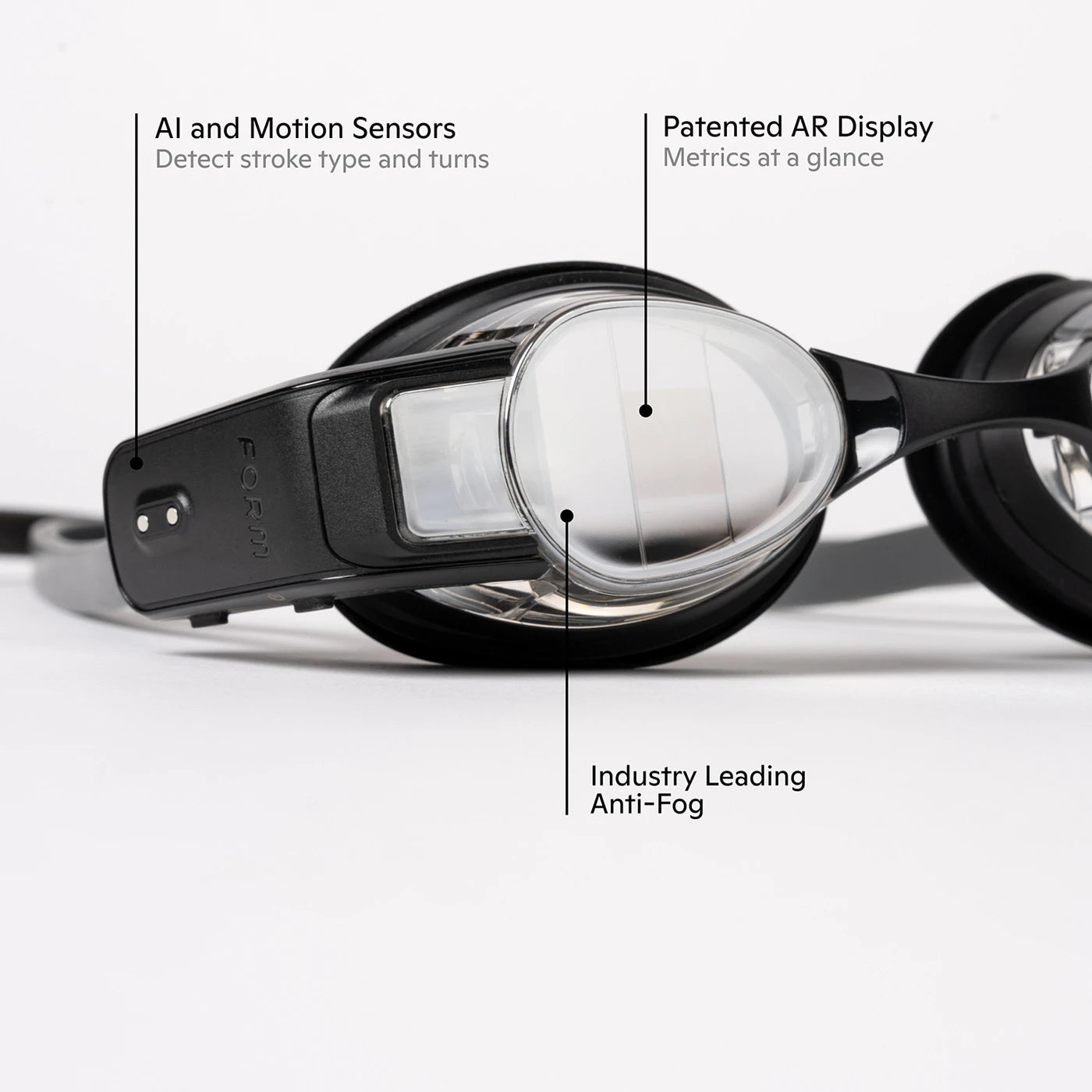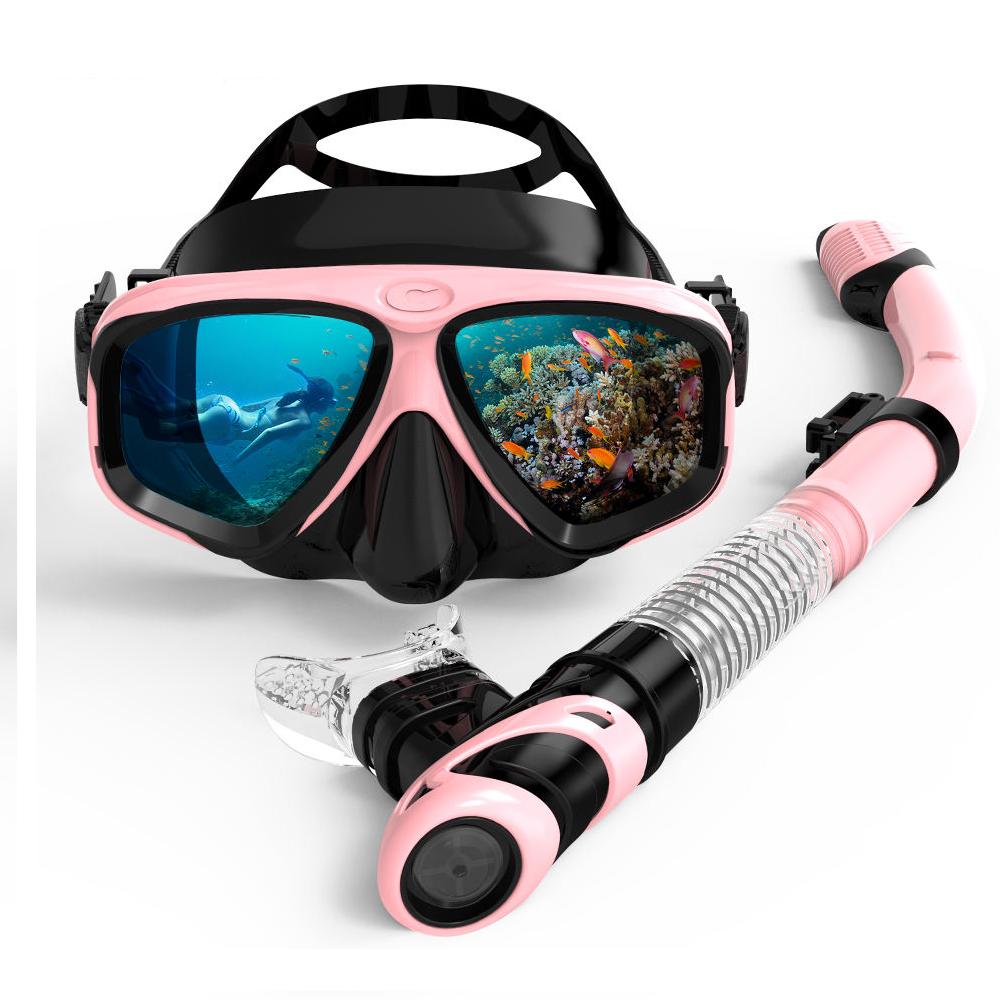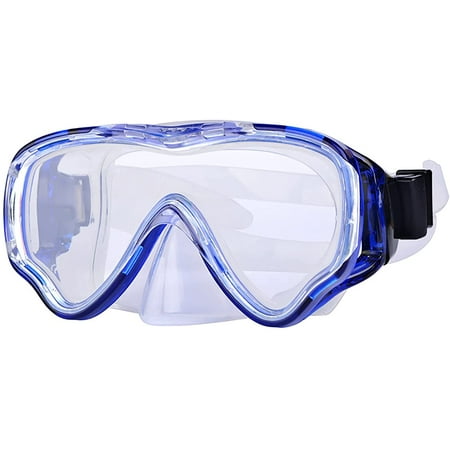
Kids Diving Mask 180° Panoramic Swim Mask Anti-Fog Child Swim Goggles Tempered Glass Swimming Goggles with Nose Cover for 4-16 Kids, Youth (Blue), Diving Masks - Amazon Canada

Kids Swim Mask, Swimming Goggles with Nose Cover, Snorkel Gear Scuba Diving Snorkeling, Anti-Fog UV Protection Lens Waterproof Socket for Youth Children Junior Teens - Walmart.com

8 pairs, water droplet shaped sponge puff glasses accessories, elevated nose pads for glasses | SHEIN USA

Vvinca Kids-Goggles with Nose Cover, Diving Mask Elastic Fabric Strap Anti Fog Anti Shattered Lens for Kids Swim Goggles 3-10, Diving Masks - Amazon Canada

Rongbenyuan Diving Mask Swimming Goggles with Nose Cover Scuba Snorkeling Mask Anti-Fog No-Leak : Amazon.ca: Sports & Outdoors

Kids Swim Goggles with Nose Cover Snorkel Diving Mask,Snorkeling Gear Swimming Goggles for Kids 4-14 Boys Girls Youth, Goggles - Amazon Canada
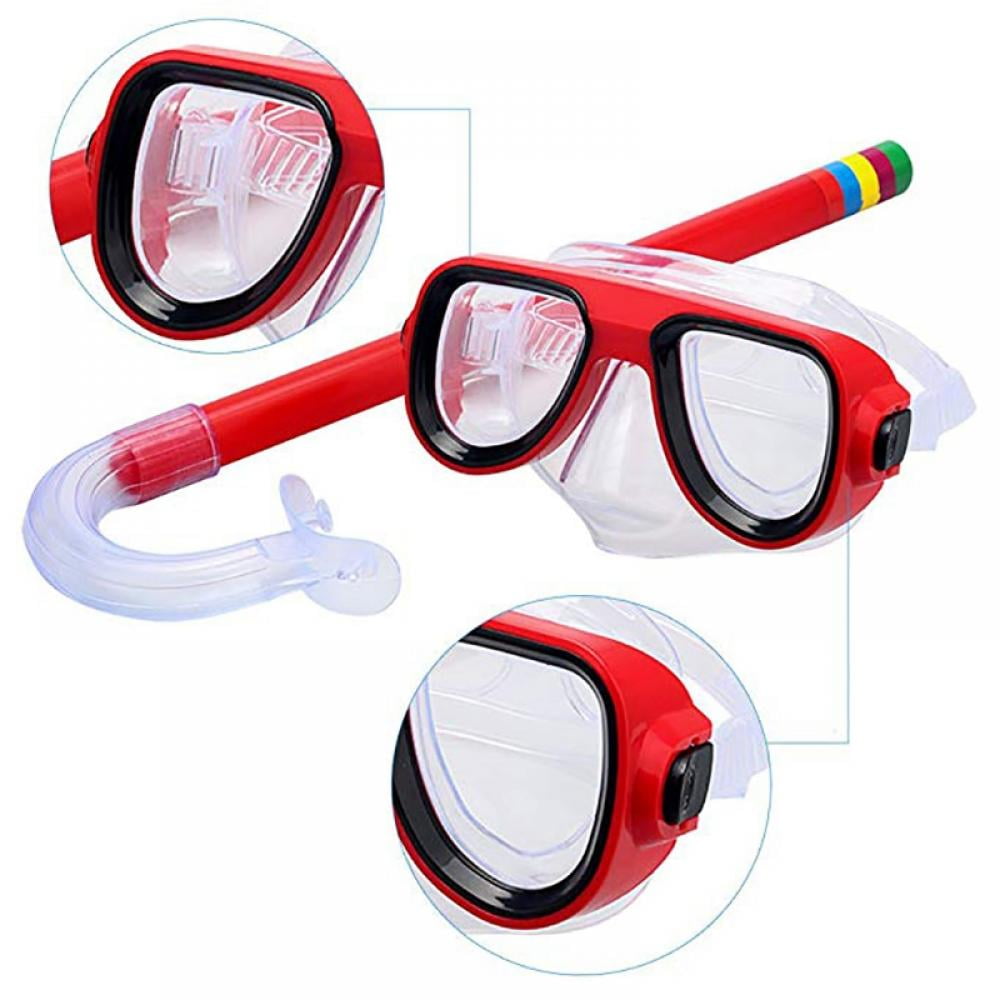
Kids Swim Mask, Swimming Goggles with Nose Cover, Snorkel Gear Scuba Diving Snorkeling, Anti-Fog UV Protection Lens Waterproof Socket for Youth Children Junior Teens - Walmart.com

Kids Diving Mask 180° Panoramic Swim Mask Anti-Fog Child Swim Goggles Tempered Glass Swimming Goggles with Nose Cover for 4-16 Kids, Youth (Aqua), Diving Masks - Amazon Canada

Adult Pano 3 Panoramic View Scuba Diving Mask, Tempered Glass Lens Snorkeling Dive Mask, Premium Swim Goggles with Nose Cover for Snorkeling, Freediving, Swimming (Blue), Diving Masks - Amazon Canada
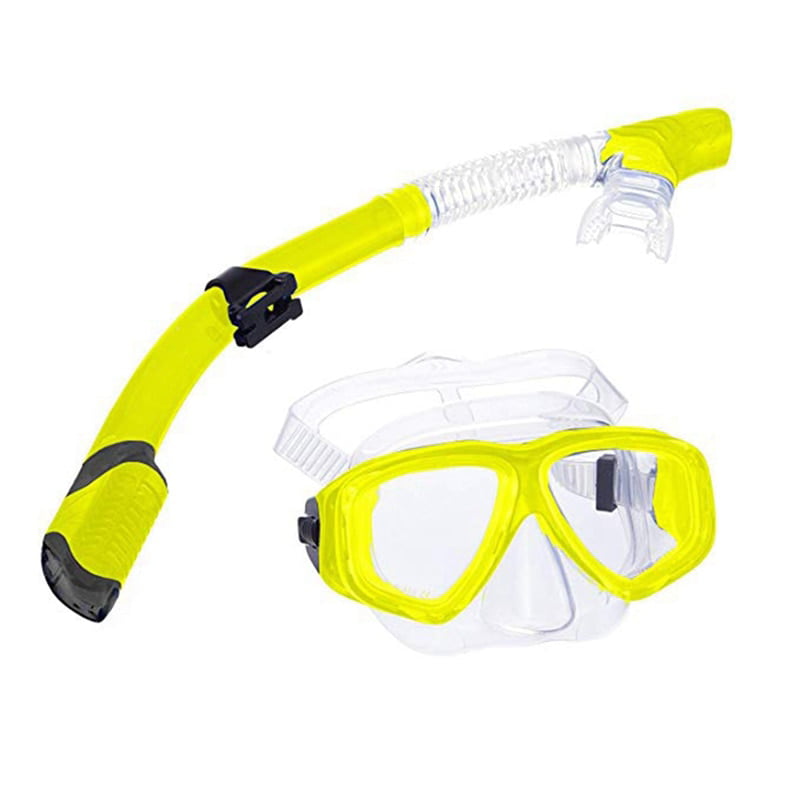
Kids Swim Mask, Swimming Goggles with Nose Cover, Snorkel Gear Scuba Diving Snorkeling, Anti-Fog UV Protection Lens Waterproof Socket for Youth Children Junior Teens - Walmart.com

